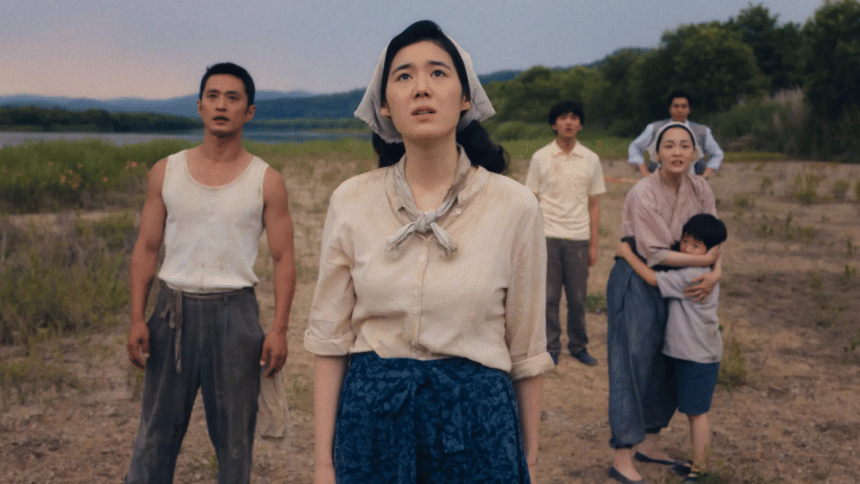Pachinko Season 2: Mostly lacklustre, sometimes effective

The first season of Pachinko captivated me like no other series in a long time. It told the story of a Sunja, played by Kim Min-ha, and how an entire family stands on the sacrifices she and her generation made. The story resonated with audiences, from this part of Asia in particular, because the resilience and struggle of first-generation settlers portrayed in the series are things most of us can relate to as they are reflected in most of our parents or grandparents. The screenplay, the cinematography and especially the performances of the first season blew me away. It got me to finally pick up Pachinko written by Min Jin Lee, the book on which the series is based, and I finished it in 2 days. I immediately started eagerly waiting for the second season.
The second season picks up where the first season left off, with the bombings in Japan at the end of the Second World War and Sunja being offered to move out of the city by Koh Hansu, played by Lee Min-ho. We see both of Sunja's sons, Noa and Mozasu, grow up across the second season. Throughout the 1940s and 1950s, as the family deals with socio-economic changes occurring in newborn Korea and the Korean War, it also struggles to stay united as the turbulence in their personal lives affects the family altogether.
As the first season covered around one-fourth of the book, creator Soo Hugh took the creative liberty of expanding on certain aspects of the series which were mere sub-plots in the book. However, due to the brilliant screenwriting, those expansions blended with the flavour of the book beautifully and the entire first season felt seamless. But in the second season, the director takes it a step further and creates certain sub-plots out of those previous expansions. These subplots feel irrelevant and just prolong the episodes unnecessarily in some cases. Moreover, the second season barely covers one-fourth of the book and doesn't have much flesh, apart from the final episode.
The creators failed to understand what pulled the audience towards Pachinko in the first place. It was the story of Sunja and her struggle which was the driving force of the book and not the subplot of her grandson Solomon which constitutes a less impactful portion of the book. However, Solomon's character arc being dragged longer as compared to the source material and the plotline from the 1980s being given equal importance in the screenplay as the one from the 1950s doesn't work for the second season. The audience is left wanting more from Sunja's storyline, only to be left somewhat disappointed.
However, the performances from the cast still work wonders. The cinematography, the set design, and the background score are still as strong as the first season and soothing to the eye. Although the screenplay falls flat at times, the emotional turbulence and conflicts are handled beautifully enough for the characters to resonate with the audience. The final episode works as a cherry on top and intrigues us enough to hook us in for the next season.
The second season might've been a bit underwhelming as compared to the first one, but it's still good enough for you to want to come back to the world of Sunja as the story takes a sharp turn in the final episode.
Remind Ifti to be quieter at [email protected]

 For all latest news, follow The Daily Star's Google News channel.
For all latest news, follow The Daily Star's Google News channel. 








Comments